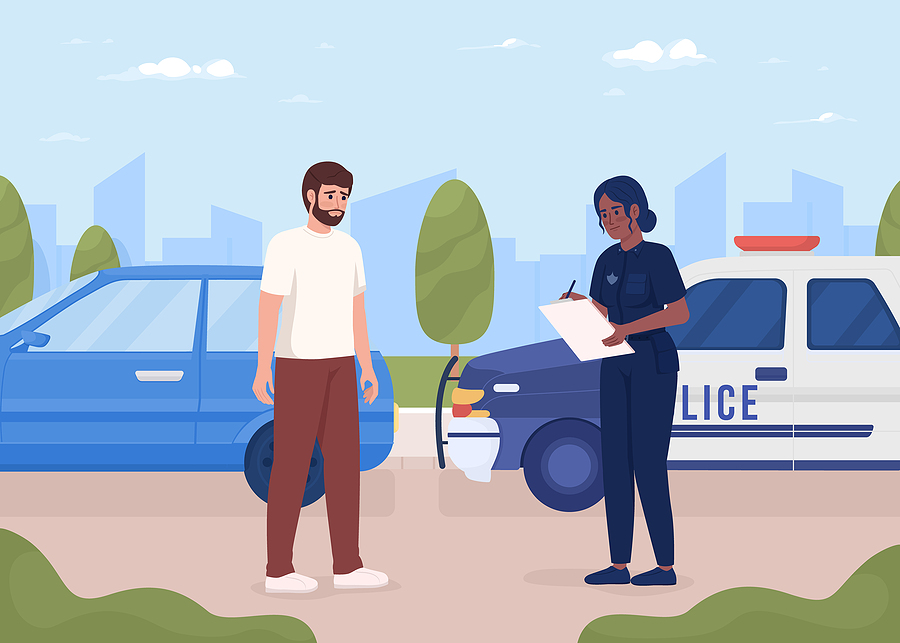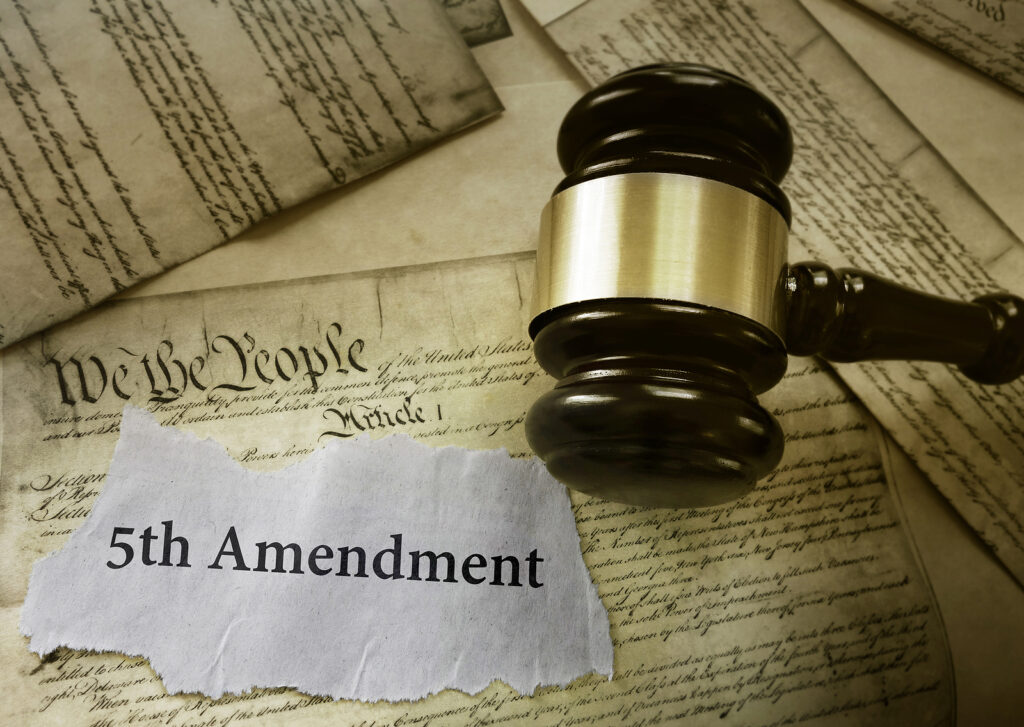Interactions with police officers can often be daunting and nerve-wracking. However, understanding how to stay calm and collected during such encounters is crucial and can significantly affect the outcome. This blog post aims to educate readers on effectively managing cop stops, ensuring their rights, particularly their Miranda Rights, are upheld, and fostering a respectful engagement with police officers. Keep reading to gain insight into this important aspect of civic life.

What You Need to Know About Interacting With Police
Police stops, also known as cop stops, occur when a law enforcement officer initiates contact with an individual or a vehicle. These encounters can be initiated for various reasons, such as traffic violations, suspicious behavior, or responding to a call for assistance. It is essential to understand that these interactions are not always avoidable and being prepared can make a significant difference.
Stay Calm
The first and most crucial tip for interacting with cops is to stay calm. It may be easier said than done, but it is imperative not to panic or act aggressively during such encounters. Take deep breaths and maintain a composed demeanor, even if you feel agitated or anxious. Remember that police officers are trained to assess and manage intense situations, and staying calm can help de-escalate the encounter. Additionally, if you are nervous or anxious, communicating this fact to the officer in a respectful manner can also help diffuse any tension.
Know Your Rights
As a citizen, it is crucial to understand your rights when interacting with cops. The most important being your Miranda Rights. These rights are read to individuals when they are taken into custody and include the right to remain silent, the right to an attorney, and if you cannot afford one, one will be provided for you. It is essential to remember that these rights apply at all times during a cop stop, even before an arrest is made. If the officer fails to uphold your Miranda Rights, any statements you make during the encounter may not be admissible in court.
Be Respectful and Cooperative
Being respectful and cooperative towards police officers is crucial, even if you feel like you are being unfairly treated or stopped. Remember that these individuals are carrying out their duties as law enforcement officials, and disrespect or aggression can only escalate the situation. Be mindful of your tone and body language, and always address the officer with “sir” or “ma’am.” Additionally, if you are asked to comply with requests such as providing your identification or stepping out of your vehicle, it is best to do so calmly and without resistance.
Seek Legal Assistance if Necessary
In some instances, despite staying calm, knowing your rights, and being respectful, law enforcement encounters can still result in an arrest or charges being pressed against you. In such cases, it is essential to seek legal assistance immediately. A qualified criminal defense attorney can help protect your rights and offer guidance on how to navigate the legal system. Remember that you are innocent until proven guilty, and having a legal representative by your side can make all the difference.
Conclusion
In conclusion, interacting with cops can be a nerve-wracking experience, but it is essential to know how to handle such encounters effectively. Staying calm, knowing your rights, being respectful and cooperative, and seeking legal assistance if necessary are essential factors that can significantly impact the outcome of a cop stop. By following these guidelines, you can ensure a safe and respectful interaction with police officers. Remember, being informed is the key to staying calm and collected during such encounters.
Would you like to build a strong case against your Indiana criminal charges? Contact Attorney David E. Lewis at 317-636-7514 for the strongest criminal defense in Indianapolis. We will get the best possible outcome for your criminal case!
Related Posts:
Understanding Your Rights: A Guide to Encounters with Law Enforcement
What You Should Do if Stopped By a Police Officer
What Should I Do if I Get Pulled Over By Police?





